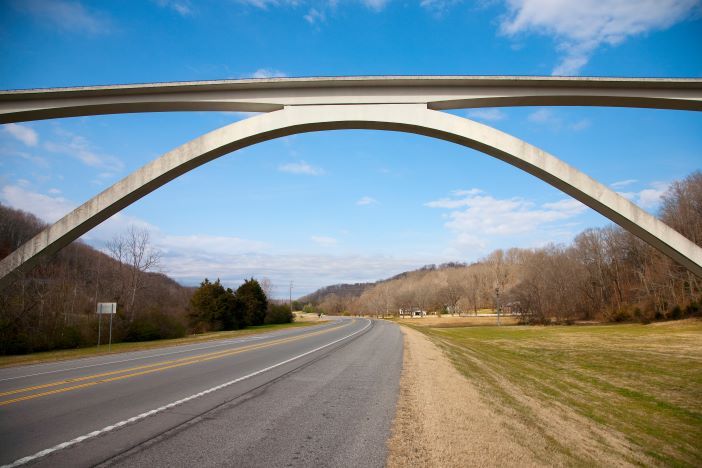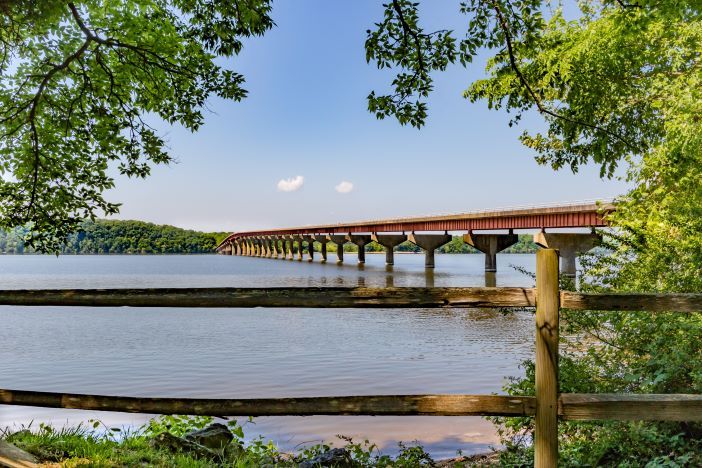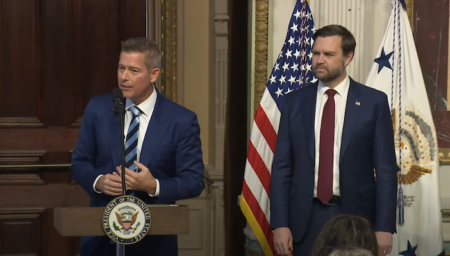The US Department of Transportation’s Federal Highway Administration (FHWA) has announced US$100 million in fiscal years 2020 and 2021 grant awards, funding two projects in Alaska and Mississippi, and US$125 million in new funding availability for its Nationally Significant Federal Lands and Tribal Projects (NSFLTP) Program through a Notice of Funding Opportunity (NOFO).
The Native Village of Eyak in Alaska will receive US$45.7 million in 2021 fiscal year funding to construct a highway, dock support facilities and boat ramp at the Marine Tribal Transportation and Shepard Point Oil Spill Response Facility. The grant will improve transportation access to the facility, which is currently under construction and will serve as a multi-modal transportation and oil spill emergency response center for tribal members and the broader community of Cordova and the surrounding area.

The National Park Service will receive US$54.3 million in fiscal year 2020 and fiscal year 2021 funding to resurface, restore and rehabilitate the pavement condition of 83 miles of the Natchez Trace Parkway in Mississippi, improve safety by installing audible pavement markings and meet the transportation needs of multiple underserved communities.
President Biden’s Bipartisan Infrastructure Law made significant changes to the NSFLTP program by increasing annual authorizations from US$100 million to US$355 million and ensuring tribal transportation facilities receive 50% of the appropriated funds. Tribes can apply for funding at 100% federal share with no matching requirement, a historic barrier for tribal access to infrastructure funding.

The NSFLTP provides federal funding for construction, reconstruction or rehabilitation of multi-modal transportation facilities that are situated within, adjacent to, or provide access to federal or tribal lands. A project of national significance is typically one that is vital to the surrounding community. In many cases, federal land management agencies and tribal governments cannot afford to complete these projects on their own because it would exhaust their financial resources. These projects are considered important to the well-being of the area in which they are located and to the surrounding community. They support safe access to popular recreation destinations such as National Parks or provide critical transportation support for hospitals and schools on tribal lands.
The Federal Highway Administration has worked closely with the National Park Service to improve infrastructure in and around national parks such as the Natchez Trace Parkway for decades. That partnership has grown since the 2020 passage of the Great American Outdoors Act, which provided funding to improve and expand recreation opportunities in national parks and other public lands.
Images: AdobeStock





